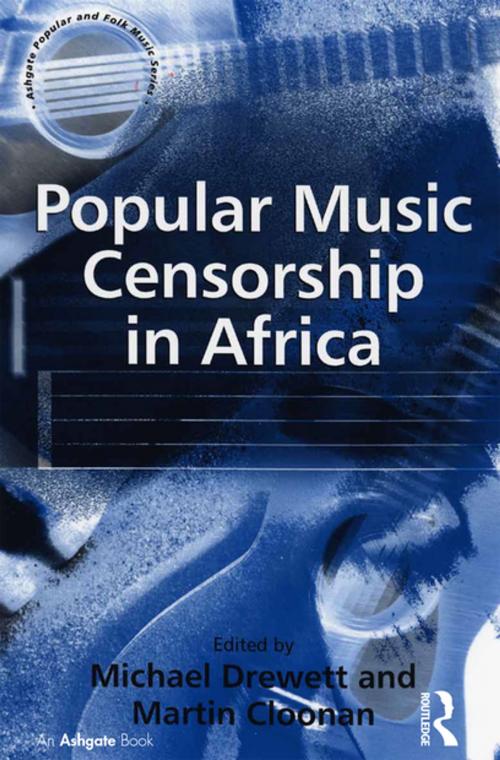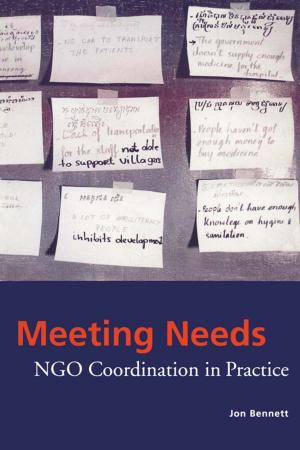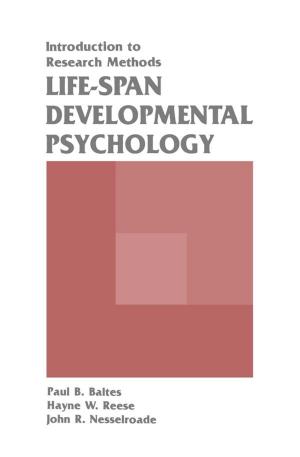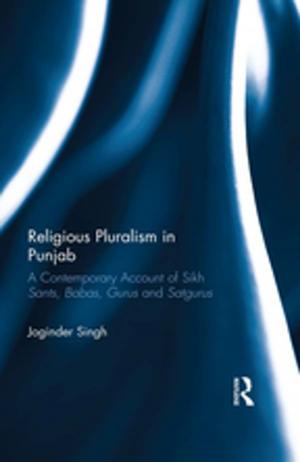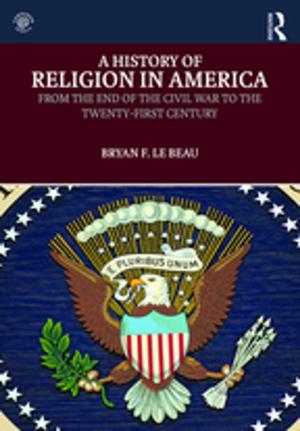| Author: | Martin Cloonan | ISBN: | 9781317078067 |
| Publisher: | Taylor and Francis | Publication: | March 23, 2016 |
| Imprint: | Routledge | Language: | English |
| Author: | Martin Cloonan |
| ISBN: | 9781317078067 |
| Publisher: | Taylor and Francis |
| Publication: | March 23, 2016 |
| Imprint: | Routledge |
| Language: | English |
In Africa, tension between freedom of expression and censorship in many contexts remains as contentious, if not more so, than during the period of colonial rule which permeated the twentieth century. Over the last one hundred years popular musicians have not been free to sing about whatever they wish to, and in many countries they are still not free to do so. This volume brings together the latest research on censorship in colonial and post-colonial Africa, focusing on the attempts to censor musicians and the strategies of resistance devised by musicians in their struggles to be heard. For Africa, the twentieth century was characterized first and foremost by struggles for independence, as colonizer and colonized struggled for territorial control. Throughout this period culture was an important contested terrain in hegemonic and counter-hegemonic struggles and many musicians who aligned themselves with independence movements viewed music as an important cultural weapon. Musical messages were often political, opposing the injustices of colonial rule. Colonial governments reacted to counter-hegemonic songs through repression, banning songs from distribution and/or broadcast, while often targeting the musicians with acts of intimidation in an attempt to silence them. In the post-independence era a disturbing trend has occurred, in which African governments have regularly continued to practise censorship of musicians. However, not all attempts to silence musicians have emanated from government, nor has all contested music been strictly political. Religious and moral rationale has also featured prominently in censorship struggles. Both Christian and Muslim fundamentalism has led to extreme attempts to silence musicians. In response, musicians have often sought ways of getting their music and message heard, despite censorship and harassment. The book includes a special section on case studies that highlight issues of nationality.
In Africa, tension between freedom of expression and censorship in many contexts remains as contentious, if not more so, than during the period of colonial rule which permeated the twentieth century. Over the last one hundred years popular musicians have not been free to sing about whatever they wish to, and in many countries they are still not free to do so. This volume brings together the latest research on censorship in colonial and post-colonial Africa, focusing on the attempts to censor musicians and the strategies of resistance devised by musicians in their struggles to be heard. For Africa, the twentieth century was characterized first and foremost by struggles for independence, as colonizer and colonized struggled for territorial control. Throughout this period culture was an important contested terrain in hegemonic and counter-hegemonic struggles and many musicians who aligned themselves with independence movements viewed music as an important cultural weapon. Musical messages were often political, opposing the injustices of colonial rule. Colonial governments reacted to counter-hegemonic songs through repression, banning songs from distribution and/or broadcast, while often targeting the musicians with acts of intimidation in an attempt to silence them. In the post-independence era a disturbing trend has occurred, in which African governments have regularly continued to practise censorship of musicians. However, not all attempts to silence musicians have emanated from government, nor has all contested music been strictly political. Religious and moral rationale has also featured prominently in censorship struggles. Both Christian and Muslim fundamentalism has led to extreme attempts to silence musicians. In response, musicians have often sought ways of getting their music and message heard, despite censorship and harassment. The book includes a special section on case studies that highlight issues of nationality.
